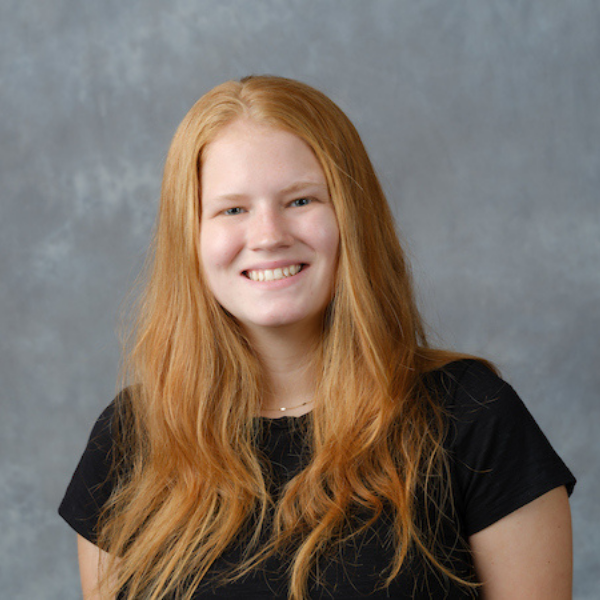Take 5 with Marie Guy
Marie Guy (’21)
Wake Forest Fellow in the Office of the Dean of the College
1. How do you define success for yourself? What has helped you to be successful?
Success for me is the ability to be happy and content with where I am in life. It’s been hard, as sometimes I have questioned my career path, pondering “what ifs” for hours. I’ve learned, however, that you have to be satisfied with what you do, or else spend the rest of your life contemplating those “what ifs.” Sometimes that satisfaction for me comes from knowing that where I am now is not where I will be in five to ten years, or even a year from now. I’m young, there are some areas in which I can still grow as a person and a professional, and I’m happy knowing that what I’m doing now will contribute to my future goals. I’m not settling, or peaking yet, I’m building the steps I need to reach my goals, and I would consider that a success.
2. Think of a time that you faced a challenge, obstacle, or roadblock. How did you get through that and what did you learn?
When I first enrolled at Wake Forest as a freshman, I wanted to be a lawyer, and my parents were so proud of that. They would brag to strangers in grocery stores, “we’re going to have a lawyer in the family.” I soon came to realize the lawyer life simply wasn’t the right fit for me, and it was hard to talk to my parents about that. They would ask questions like “how are you going to financially support yourself?” and “won’t you reconsider the decision you’re making?” I got through it all in the knowledge that the new career path I was pursuing was one that I would actually enjoy, that better aligned with my interests instead of the interests of my parents. I learned that it was okay not to have a concrete future planned out just yet, because most students also didn’t have a clue what they were going to do either.
3. Who are your people (either by name or role) who help you to be successful/confident/intentional/reflective/any other descriptor you want to use? And how have they helped you?
The friends I’ve made in college are some of my biggest supporters. I could practice elevator speeches with them or ask them the read a draft of an essay, and I knew they would review with honest and constructive feedback, not sugarcoating where my short comings were but turning it into a learning experience. Dr. Browers, one of my professors for politics and international affairs, as well as my academic advisor, really helped me clarify some of my goals and objectives. She was able to help me find a minor that best fit my academic interests when I was struggling to do so, and I knew she was someone who I could always go to for advise, whether it be personal or academic. I’m also finding new people to call my own. Those with my in the Support Staff Suite have become priceless to me, aiding me in my job when I need it but also providing personal advise where my lack of real adult experience doesn’t help me, whether it be in applying for a credit card or pushing me to try a new food each week. My people push me to be better, to not settle for less than I can accomplish, and it’s those people who I hope to continue to surround myself with.
4. How did you find your people?
I found my people gradually. I struggled to understand what I needed, so I also had a difficult time figuring out who I needed to help me be my most successful self. I found Dr. Browers on accident by registering for an upper-level politics class as a freshman. I’m still not entirely sure I was properly prepared to take that course, but by pushing myself I discovered a great professor that I might otherwise have missed. I also wasn’t afraid to approach professors after class or during office hours, even for non-academic related topics, which helped me create connections to those who I might only see for 3 hours a week in a classroom setting.
5. What advice would you give to Wake Forest students as they look for their people?
Don’t be afraid to talk to someone who interests you about literally anything. Too often students miss out on making personal connections with others because they are too afraid to walk up and start that conversation. People can be your biggest cheerleaders if you are willing to open up and show them that you are willing to make the time and effort to help build a relationship. Connections go both ways, and sometimes you have to initiate those connections based off of the tools that are at your disposal.
Is there anything else you would like to share?
Try and take the time to study abroad. I found some of my closest friends when I studied abroad for a month. It’s hard not to make some deep connections when it’s only you and about 20 other students studying in a different country together. It’s a unique opportunity to really gain some experience outside of the typical Wake community and discover new things about yourself while doing so.

